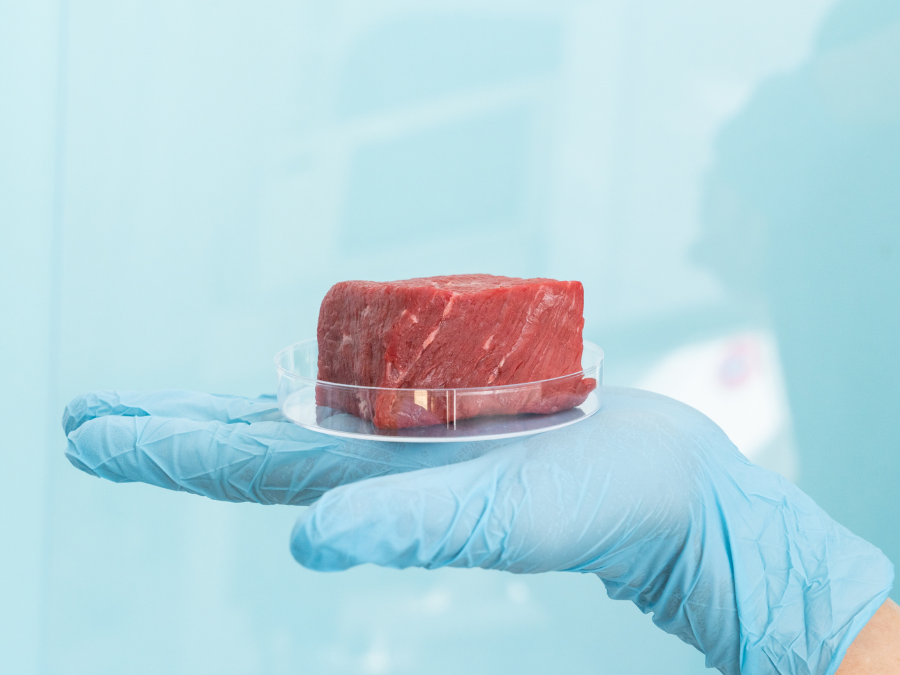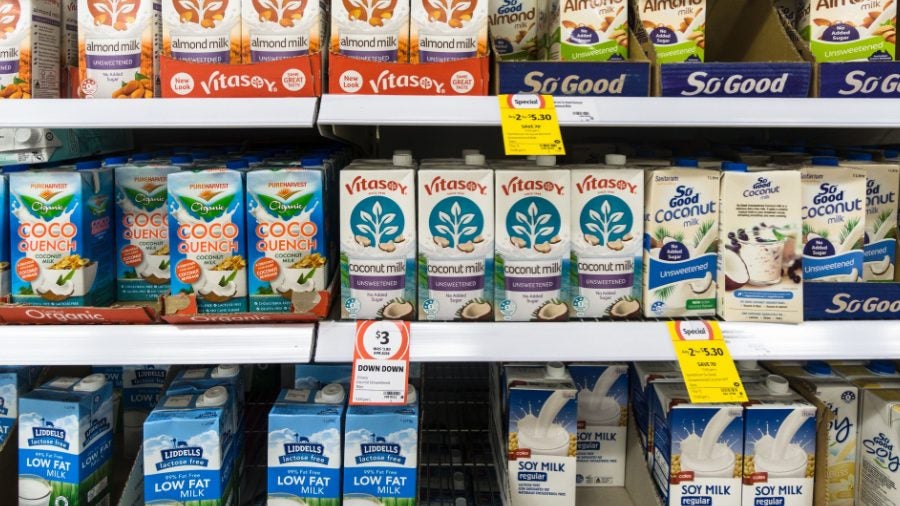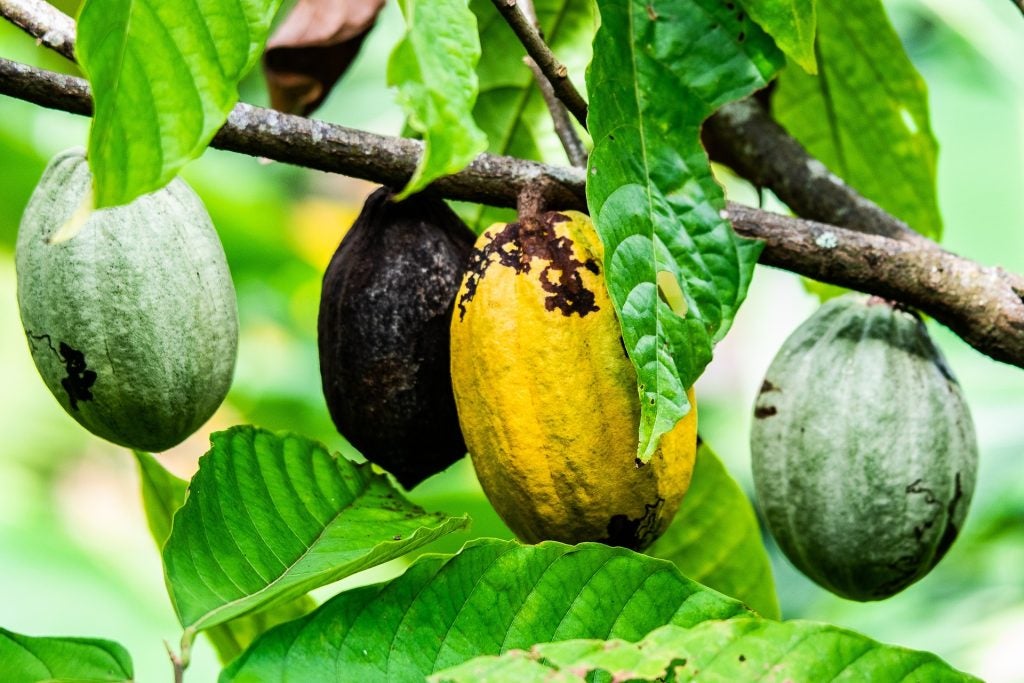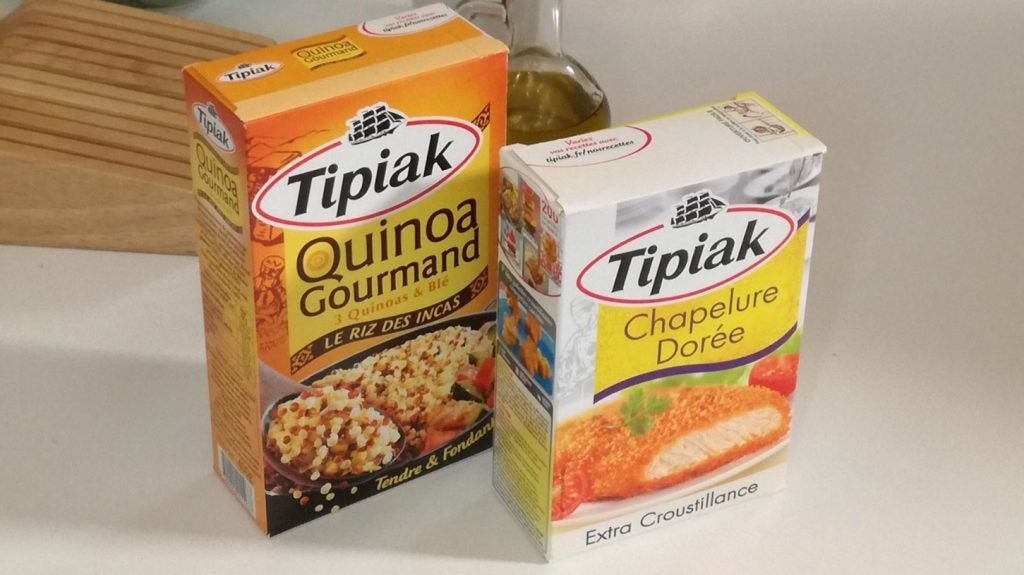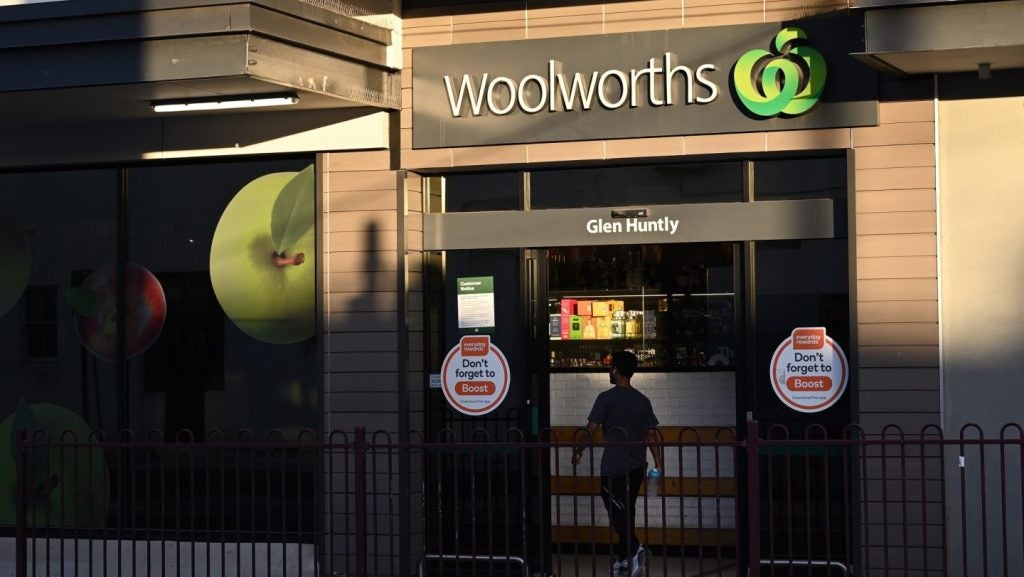Clever Carnivore, a US-based cultivated-meat business, has raised $7m in a funding round.
It plans to use the money to expand its operation and scale-up the production of its meat, grown in a lab from animal cells.
Clever Carnivore is currently producing cultivated pork sausage, with plans to unveil its prototype product, the Clever Bratwurst, in early 2024.
The oversubscribed seed funding round was led by New York- and Hong Kong-based Lever VC, which has a focus on the alternative-protein industry. International investors included McWin Capital Partners from Spain, Thia Ventures, headquartered in Belgium and Switzerland, and Newfund Capital from France.
Domestic backers of the Chicago bio-tech start-up included Valo Ventures from California and Stray Dog Capital, a Midwest-based fund.
Virginia Rangos, co-founder of Clever Carnivore, said: “This funding is a testament to the hard work and dedication of our entire team and reaffirms the confidence that investors have in our cutting-edge science, technology and business model. With this investment, we are well positioned to revolutionise the protein market and enhance the overall consumer experience.”
Nick Cooney, managing partner of Lever VC, said: “We’ve been tracking and investing across the global cultivated-meat sector since the first such company launched eight years ago, and we haven’t seen anyone come remotely close to Clever Carnivore’s astoundingly low current cost of production, a testament to the company’s phenomenal science.”
Clever Carnivore’s R&D is headed by co-founder Paul Burridge, a professor at Northwestern University’s Feinberg School of Medicine. He has more than 20 years of research experience in cell-line development and growth media optimisation.
The cost of the growth media needed to help cultivated-meat cells develop is widely thought to be a barrier to the industry’s ability to produce at scale and at a cost comparable to conventional meat.
But Clever Carnivore claims to have optimised its growth media to support its cell lines, “achieving an incredible reduction in cell culture media costs - one to two orders of magnitude lower than any other cultivated-meat company globally”.
Bart Van Hooland, managing partner of Thia Ventures, said: “We are convinced that cultivated-meat will become an essential part of the food on our plate. What was missing up to now was the technology to make products that will provide the same taste and nutrition as meat from farmed animals and at a truly competitive price. Clever Carnivore has what it takes to bridge that gap, and they move very fast.”
Clever Carnivore plans to relocate its operations to a larger nearby facility by year-end. It said the expansion will allow the company to scale up production into 500L bioreactors and add in test kitchens.
The US is only the second country in the world - after Singapore - to approve cultivated-meat.
In November last year, the US Food and Drug Administration (FDA) announced it had for the first time issued a so-called ‘no questions’ verdict on a cell-based meat product after studying the production methods of California's Upside Foods, formerly known as Memphis Meats.
In March, fellow California business Eat Just - which has a cultivated-meat division called Good Meat - followed Upside in receiving a “no further questions” verdict from the FDA about product safety linked to its cell-based chicken product.
In June, the products of both companies were approved for sale in the US by the Department of Agriculture.


